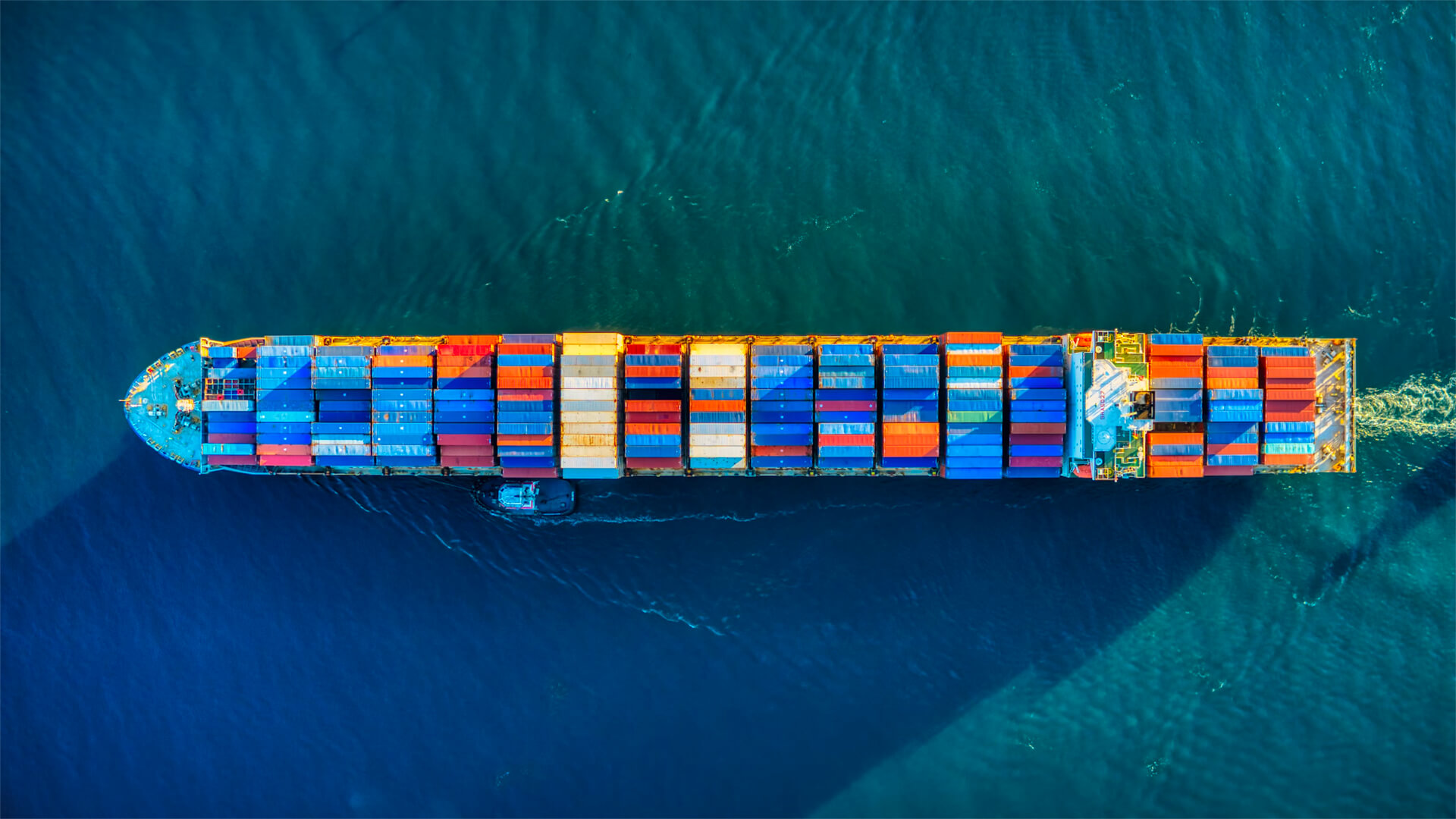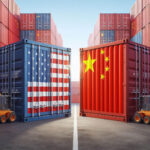The Live Q&A Is Here!
Our next Live Q&A on Patreon is here! In a few hours Peter will join the Analyst members on Patreon for question time! In order to get in on the fun, join the ‘Analyst tier’ on Patreon now.
Well, the fat lady ain’t singing yet. Late yesterday, more updates on Trump’s tariffs were released. The gist is that North American trade is taking a huge hit, auto manufacturing and its ancillaries will face severe disruptions, and steel and aluminum costs will soar. Again, we’re just seeing the tip of the iceberg, so we may all want to keep those tariff notifications on for a while.
Here at Zeihan on Geopolitics, our chosen charity partner is MedShare. They provide emergency medical services to communities in need, with a very heavy emphasis on locations facing acute crises. Medshare operates right in the thick of it, so we can be sure that every cent of our donation is not simply going directly to where help is needed most, but our donations serve as a force multiplier for a system already in existence.
For those who would like to donate directly to MedShare or to learn more about their efforts, you can click this link.
Transcript
Hey all, it’s early in the morning, April 3rd. I set my phone to ping me, when the tariff policy changed. And that was an error. With changes overnight, we’re now on our 86th tariff policy in the last month. Today, I just wanted to talk very briefly about what’s going on with the Canadians and the Mexicans, which are at the heart of the US trading system.
And basically there isn’t an manufacturing supply chain that we have that isn’t reliant upon steps in both countries. According to the newest changes. Effective immediately, we have a 25% tariff on all automobiles, on top of a 25% tariff on all trade coming from Canada and Mexico, on top of a 25% tariff on imported aluminum and steel, on top of a 10%, tariff on imported energy.
So the baseline rate for Canada, Mexico is technically only 25% for our number one. And our number two largest trading partners. But then we have these additional, tariffs, that really hit integration issues. So just running through the battery real quick. Energy, most of the crude that comes from Alberta is refined and used in the United States.
Basically, we’re the only refineries in the world that can process this stuff. In most cases, if the Canadians were to build an alternative piece of infrastructure, which would cost $30 billion minimum and take at least five years, all that would get them to do is tidewater. And then they have to build a refinery, helps them build a refinery somewhere else.
So this is, energy that basically just became more expensive, and is really going to push U.S refineries to change the way they refine it, especially with the distillation column. So they can use lighter, sweeter crude. I’d argue that was probably a good idea anyway, but now there’s a very strong financial impetus to do it. And in the meantime, we’re gonna have a significantly more expensive gasoline and diesel, particularly in the Midwest and particularly in agricultural regions.
That’s one number two, automotive, at the moment, the automotive tariff only applies to finished vehicles with a partial discount if there are parts in that vehicle that are, made in the United States. So if you have a car that’s assembled Mexico, but three quarters of the parts come from the United States, you get a 75% exemption from the tariff.
Of course, most vehicles, made in North America are very heavily integrated. Whether it’s the Detroit area with Ontario or Texas, with Mexico. So this has an immediate impact to the tune of about. It’s going to average based on type, somewhere between 2 and $12,000, a vehicle with the 12,000 being more appropriate for cars that are imported from Europe. Within 30 days, this tariff will expand to cover not just finished vehicles but all car parts. And when that happens, it will absolutely shatter the manufacturing supply chains of, the United States, Mexico and Canada, which we’ve spent the last 30 years building to make it the most efficient car industry in the world, because most of these parts cross the border four and five times.
And so doing this will basically break the entire system, because this is on top of the 25% tariff that now exists for Mexico and Canada. So 50% charge every time something crosses, even for a cheap car, that will add at least $10,000 per vehicle, and will absolutely make the United States completely dependent on imported vehicles from places with lower tariffs.
Assuming nothing else changes, something else is certainly going to change. Like I said, this is the 86th tariff policy. And then finally steel and aluminum. The Chinese are collapsing right on schedule. Their demographic disaster is well past. The point of no return has been for years. They probably have no more than eight years left. And we need to double the size of the industrial plant, assuming we do that in league with Mexico and Canada.
If we’re not going to do it in league with them, we’re probably talking more about a tripling in. That is a lot of steel and a lot of aluminum that we’re going to need. And now that, is more expensive, keep in mind that Canada was our number one supplier of aluminum. And now that costs 50% more and none other than the president of Alcoa, not a Canadian company has said that this is one of the most economically devastating things that could ever happen to his industry, as well as construction in general is worse in manufacturing in a broader sense.
So, yeah. Last video I gave to you guys last night suggested a recession, for about a year and inflation about 6%. This new stuff that happened overnight suggests it’s going to be significantly worse. And I would be asked if this was the end of it, because Trump hasn’t even started announcing things like sectoral tariffs on things like semiconductors or medications.
We know that there’s $1 million tariff minimum that’s going to come on all port visits by Chinese vessels. That’s just around the corner. We’ve got the car tariffs, car part tariffs that kick in in a month. We are just getting started on this dislocation..








